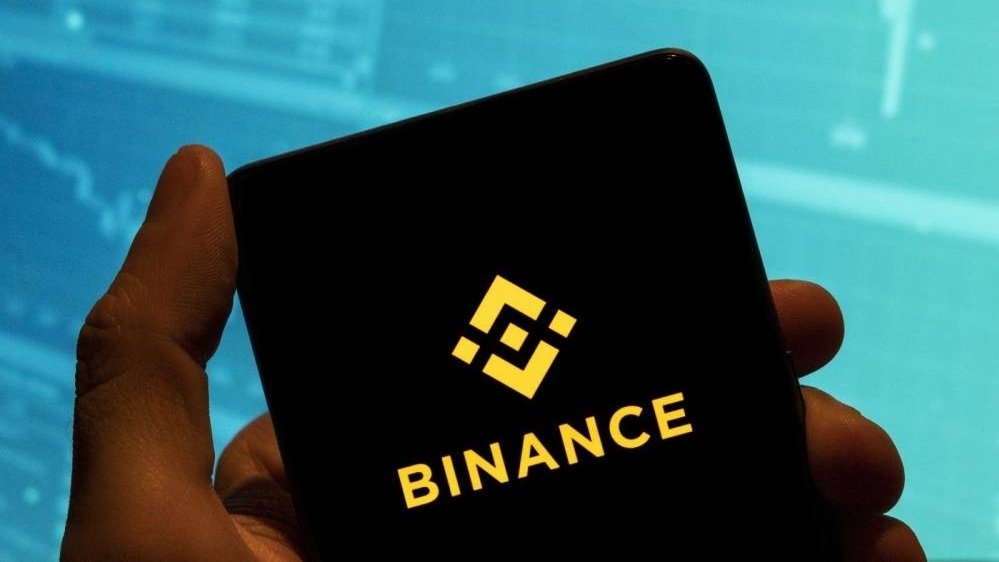The Nigerian government has lodged a demand for nearly $10 billion (£8 billion) in compensation from the cryptocurrency giant, Binance. According to the government, Binance engaged in manipulating foreign exchange rates through currency speculation and rate-fixing, which consequently led to the naira’s steep decline, losing nearly 70% of its value in recent months.
Earlier in the week, Nigerian authorities arrested two Binance executives. However, Binance has remained silent and has not responded to requests.
Nigeria, being Africa’s largest economy, also holds a significant position in the global cryptocurrency market. Olayemi Cardoso, the central bank governor of Nigeria, revealed that Binance Nigeria had allegedly moved $26 billion worth of untraceable funds.
Tilewa Adebajo, from CFG Advisory, described the allegations as significant, stating, “That’s a huge sum—even more than the annual Nigerian diaspora remittances of $24 billion.” He added, “The government must have done their homework, hence the allegations.” Reuters news agency reported that cryptocurrency transactions, equivalent to about 12% of Nigeria’s total income, or GDP, took place in the year leading up to June 2023.
Cryptocurrencies are not illegal in Nigeria, but firms must register to operate there, as per government regulations. However, a special adviser to Nigeria’s president informed the BBC that Binance failed to comply with these requirements. President Bola Tinubu, upon taking office last year, eliminated the policy of pegging the naira to the dollar, allowing market forces to determine its value.
Nonetheless, special advisor Bayo Onanuga stressed that the recent currency collapse was not a result of normal market activity.” All of a sudden, the exchange rate went through the roof… and it was being caused by the people on the Binance platform,” Onanuga told the BBC Newsday programme. “The government could not just fold its hands and allow this thing to continue.” Binance remains one of the most favored cryptocurrency platforms in Nigeria.
However, much to the dismay of Nigerian users, Binance and several other cryptocurrency firms have faced suspension in the country in recent weeks, including Coinbase, Kraken, Forextime, OctaFX, Crypto, and FXTM, in a bid to halt the naira’s decline.
The Nigerian government also asserts that cryptocurrency is exploited for money laundering and funding terrorism. A recent report by the Nigerian Financial Intelligence Unit highlighted the “anonymity and privacy inherent in the cryptocurrency system,” which attracts individuals, particularly those with illicit intentions, to its use.
The central bank governor, Mr. Cardoso, emphasized on Tuesday that “illicit flows” had been identified on certain cryptocurrency platforms in Nigeria, without naming specific firms. In another move aimed at curbing foreign currency trading, Nigeria has shut down thousands of bureaux de change. The central bank of Nigeria has faced mounting pressure to stabilize the national currency, the naira, which currently exchanges at 1,595 naira to US$1, compared to about 460 a year ago. The depreciation of the naira has exacerbated the cost-of-living crisis, with high food and commodity prices, including fuel and transport, sparking protests in recent weeks.




